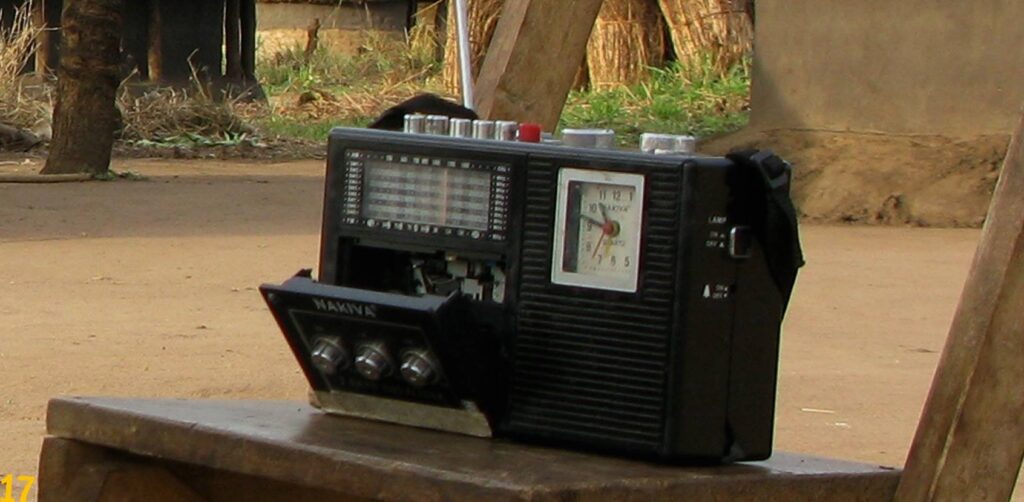As the world celebrates World Radio Day, South Sudan, still grappling with the aftermath of a long conflict, recognizes radio’s unique and crucial role, especially in the lead-up to the upcoming elections.
In a state where the literacy rate is low and access to television or the internet is limited, radio serves as a vital source of information and a platform for diverse voices.
Independent radio stations, in particular, have emerged as powerful tools for civic engagement, providing a space for citizens to express their concerns, ask questions, and hold their leaders accountable.
However, residents of Unity State are not among those celebrating World Radio Day, citing budgetary constraints as the reason for not organizing celebrations.
Nevertheless, Bentiu IDP camp resident Gatmai Juoi told Radio Tamazuj on Thursday that the day is a milestone for the citizens of South Sudan, especially in rural areas.
Juoi said radio contributes to achieving international objectives by supporting populations through climate-related disasters, such as tropical storms and floods.
“I always listen to radio programs, including the news. I tune into local stations such as Radio Miraya, Radio Tamazuj, Kondial FM and Bentiu Radio. They help educate citizens,” Juoi said.
He encouraged all radio professionals to continue delivering information to the citizens of South Sudan amid the challenges.
Some residents of Unity State’s capital, Bentiu, who spoke to Radio Tamazuj, could not hide their excitement about World Radio Day on Thursday. They singled out radio as one of the platforms that helped propagate peace and development in the state.
Wiyiy Chuol Bachui said radio brings both bad and good news to the people.
“I urge radio reporters to disseminate all types of news, whether bad or good,” Bachui said.
Nyanhial Koat said radio messages promote reconciliation among people affected by conflict across South Sudan.
“Radio plays a big role in the community and helps inform people about the government’s developmental programs, entertainment, and news,” she said.
Koat added that without radio raising awareness in the community, many people would have been at risk of dying from diseases.
The CEO of the Upper Nile Sports Foundation, Lat Tungwar, stressed that without radio, peace and stability would not have been achieved in Unity State.
“Sometimes we have disagreements with the government on development, peace-building, and reconciliation in Unity State, but radio helps bring us together,” he said.
“Radio also promotes cultures like wrestling, entertainment, sports, and public health awareness in the community,” Tungwar added.
Unity State Information Minister Gatwech Bipal Both said World Radio Day is vital to both the government and the citizens.
“Unity State, previously affected by cholera, floods, high levels of crime, instability, and rampant killings, is currently seen as one of the most peaceful states,” Both said.
“The government of Unity State has granted freedom of speech to the citizens, who regularly report stories from their respective stations,” he added.




